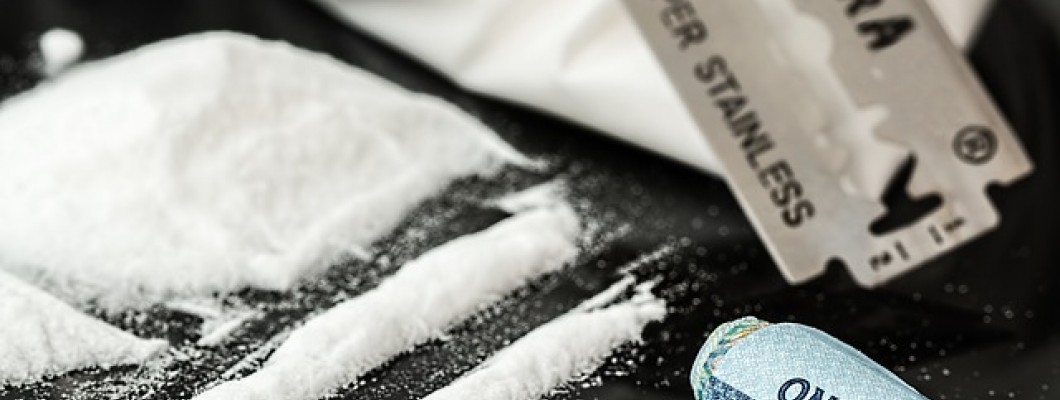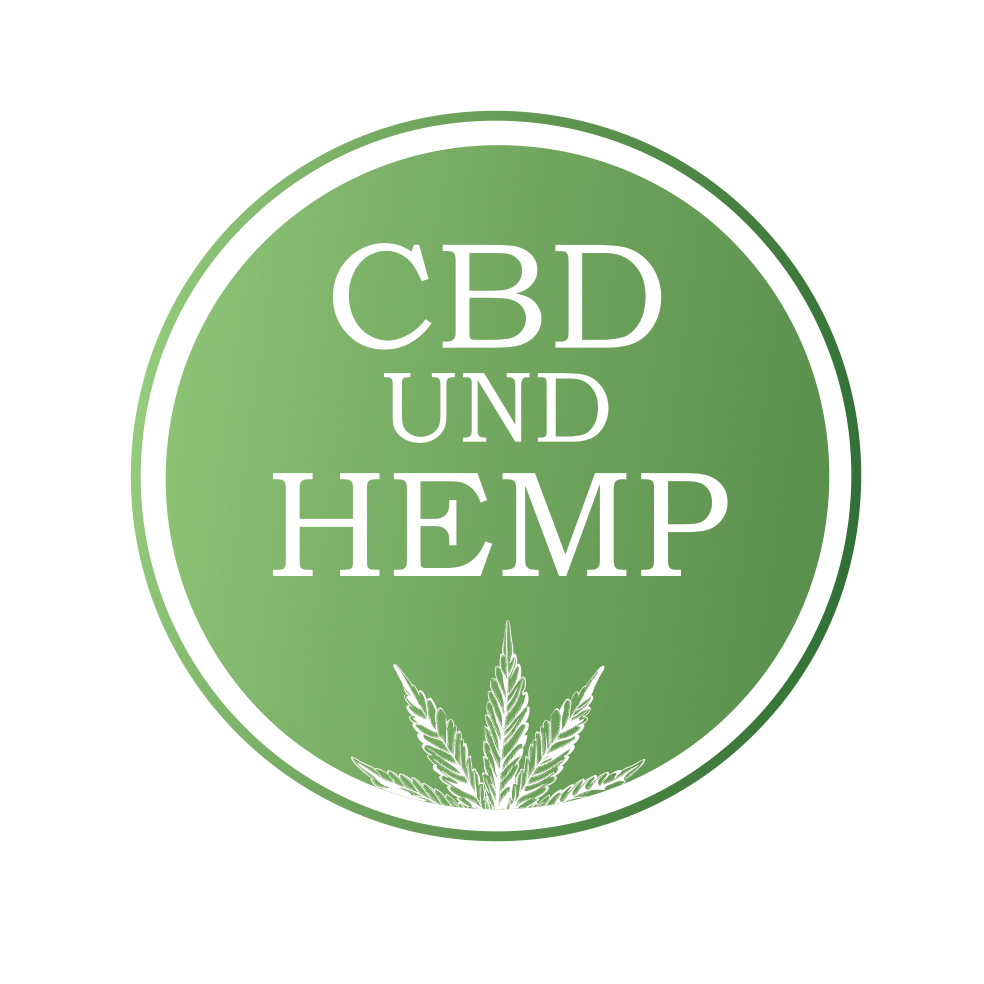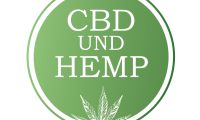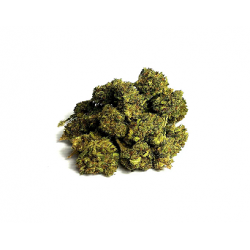
As experience and research show, CBD is not addictive in any way. Neither physically nor spiritually. In part, this is the reason why the WHO has recommended that the CBD be removed from the list of regulated agents. What’s more, research shows that CBD can help with post-cessation abstinence from drugs such as alcohol, tobacco, heroin, cocaine, marijuana.
Can addiction be treated with CBD? How does the CBD take up the fight against addictions?
Addiction: The World Health Organization (WHO) defines addiction as follows (Jaffe 1992):
By addiction we mean a compulsive pattern of behavior in search of drugs or drug-like excitement situations and drug use, characterized by an insurmountable desire associated with the effects of the drug as well as a strong tendency to relapse. Drug use sooner or later dominates the overall life activity of the consumer. Extreme patterns of behavior that, as a recurring habit, cause disadvantage.
The above definition expands the concept of addiction: we can speak not only of chemical dependence induced by certain drugs (drugs), but also of behavioral addiction in which a chemical is not among the motives that control behavior. The most common behavioral addictions are: abnormal spending of money (passion for shopping), abnormal gambling (gambling), bulimia, sex and love addictions (e.g., jealousy), kleptomania, pyromania, work alcoholism or workaholism, co-dependence. More recently, we can also talk about video, computer and Internet addiction.
Based on the above definition, maybe we’re all a bit dependent on something / someone. But when does it get pathological, when do we have to say I’m addicted? We talk about addiction when the subject of addiction takes up more space in our lives than anything else. The root of addiction is always connection disorder. There are losses in the lives of all of us that prevent us for a time from being able to connect - with others or with ourselves.
One of the great fears of CBD acquaintances is the perceived risk of developing addiction.
As experience and research show, CBD is not addictive in any way. Neither physically nor spiritually. In part, this is why the WHO has recommended that the CBD be removed from the list of regulated agents. What’s more, research shows that CBD can help with post-cessation abstinence from drugs such as alcohol, tobacco, heroin, cocaine, marijuana.
What is the evidence for this?
In all cases, ask and follow this question before starting to treat your addiction with CBD. Studies in animals (mostly mice and rats) and humans (volunteers who have usually participated in a rehab program) show that CBD does alleviate the cravings of drug addicts. In quitting, CBD can help neutralize stimuli that would otherwise intensify cravings and relapse. More specifically, if you don’t choose tobacco over your morning coffee but smoke a CBD flower or e-liquid, your brain will already believe that you have satisfied your substance and psychological dependence on smoking. In a smoking study, smokers were asked to use a vaporizer containing CBD fluid or plain placebo fluid before lighting it. The result showed a 40% reduction in cigarette use in the group using CBD compared to the placebo group.
Perhaps one of the most surprising results about CBD used to treat addiction is the treatment of cannabis addiction. Research has highlighted that CBD can reduce the intensity of cannabis-related stimuli, and thus the effect that triggers the feeling of “breaking in”. Other research has found that consuming CBD and THC at the same time utilizes far less of the high THC content than without CBD. Experience - asking consumers - shows that CBD greatly reduces the psychoactive effect of THC (i.e., if you mix your joint with CBD, you will not achieve the desired effect).
Once you have developed an addiction, the first and most important step is to recognize and acknowledge it. If you don’t, you will perceive your addiction as a simple habit, which can also result in you just sinking deeper. If you feel addicted, always seek help from a therapist, psychologist, or a rehabilitation facility. Never take it lightly. And remember, this is not a terrain for lonely warriors, it is certainly teamwork!
Do you have a question? Contact us: info@cbdundhemp.at
facts
CBD is not physically addictive
CBD does not cause mental addiction
The CBD will help you quit


















